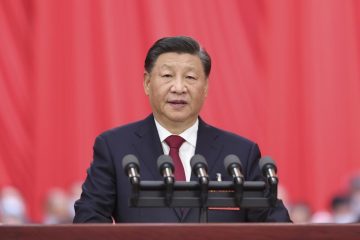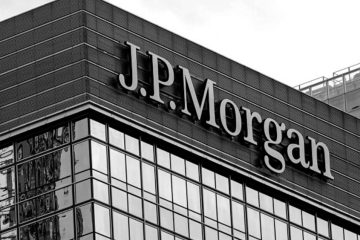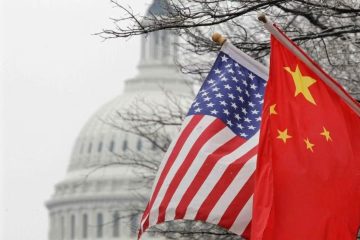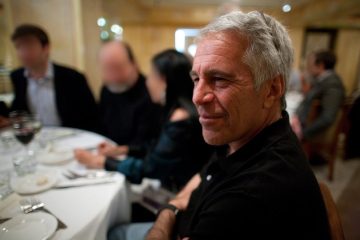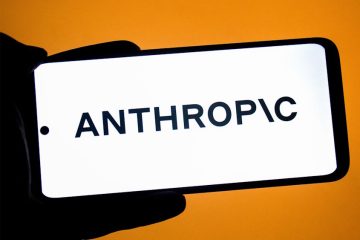Caught in the Crossfire: The EU’s Dilemma Between Xi’s China and Trump’s America
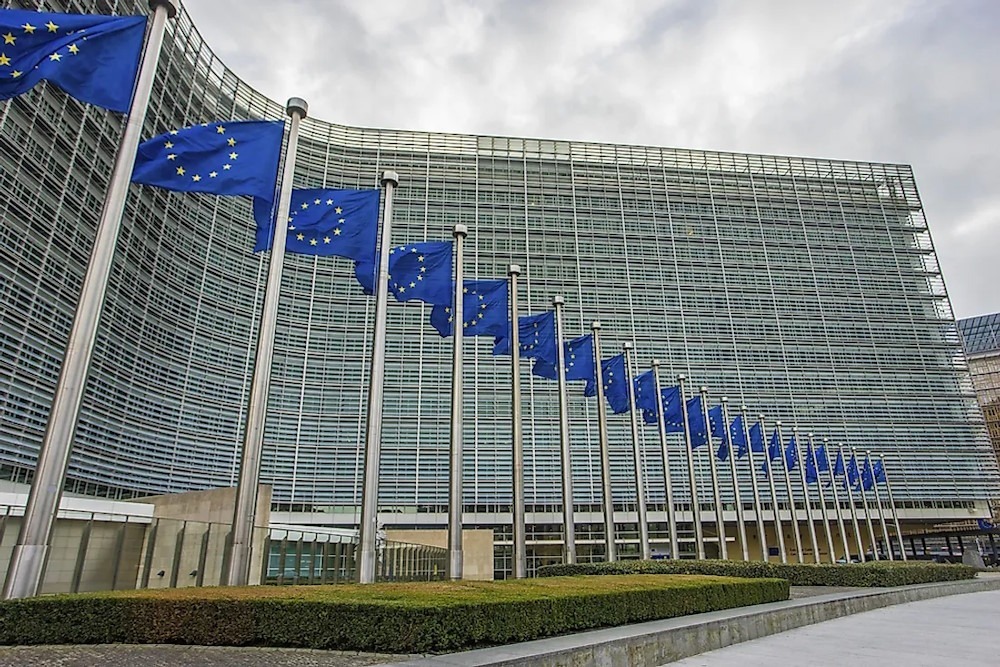
It once appeared to many that President Trump might serve as a catalyst for Europe and China to align their economies more closely. His proposed tariffs did little to set apart the European Union, a longstanding ally of the United States, from China, the main competitor to American dominance. It has not unfolded as expected. Instead, the European Union is caught in a geopolitical chokehold between the world’s two largest economies.
In Brussels, officials are working to finalize a preliminary trade agreement with their American counterparts before Mr. Trump imposes high, sweeping tariffs that could severely impact the bloc’s economy. Simultaneously, European Union policymakers are urging their counterparts in Beijing to cease support for Russia, to reduce state funding for Chinese industry, and to limit the influx of inexpensive goods into the European Union. However, during a time of significant disruption in the global trading system, the bloc must also maintain a relatively stable relationship with China, the world’s foremost manufacturing superpower.
Leaders from the European Union are set to gather in Beijing for a summit in late July, with plans that have been subject to change. The expectations for the gathering are minimal. While China promotes the notion that Mr. Trump’s opposition to multilateral trade is driving Europe closer to them, Europe’s issues with China continue to escalate. “There is no China card for Europe,” stated Liana Fix, a fellow for Europe at the Council on Foreign Relations. Tensions were clearly evident last week, as Wang Yi, China’s foreign minister, made his visit to Brussels for meetings leading up to the summit. China characterized the atmosphere as constructive and rejected the idea that there were conflicts between the two sides. European Union officials highlighted ongoing issues, such as trade imbalances.
This weekend highlighted the divide. The European Union has recently taken steps to limit government expenditure on medical devices sourced from China, contending that Chinese government entities have been treating European firms unjustly and that it is essential to create a fair competitive environment. On Sunday, China declared its intention to retaliate. Yet the European Union continues to navigate a careful relationship with China. The economic connections between the two economies are significant. Numerous European nations continue to rely significantly on China for industrial materials. European exports to China continue to be significant, particularly from Germany, which has maintained strong trade relations with China for an extended period.
However, Europe’s exports have been decreasing, while Chinese imports into the bloc have been increasing significantly. As affordable products from the fast fashion retailers Shein and Temu enter European markets, policymakers have been striving to strengthen regulations on these imports. European leaders frequently express concerns that China’s state-controlled banks provide such substantial subsidies to the country’s manufacturers that European companies find it difficult to compete. Nor are Europe’s grievances exclusive to trade. European Union officials are frustrated with China’s backing of Russia amid the war in Ukraine, as it creates a market for Russian fuel and other goods, diminishing the impact of European sanctions.
As the United States disrupts the global trading system in an effort to reduce its trade deficit, increase revenue, and bring manufacturing back home, the European Union finds itself in a solitary position. A bloc of 27 nations that collectively forms the world’s third-largest economy. The European Union was established to enhance cross-border commerce and continues to be a strong advocate for free trade.
Ursula von der Leyen, the president of the European Union’s executive branch, stated at a news conference last month that Europe aims to “show to the world that free trade with a large number of countries is possible on a rules-based foundation.” The European Union has strengthened its trading relationships with countries that share similar values, such as Switzerland and Canada. Ms. von der Leyen proposed that it might advance even further. A new collaboration could be pursued between the bloc and a trading group of 11 countries, which includes Japan, Vietnam, and Australia, but notably excludes the United States and China. Even as Ms. von der Leyen attempts to take the initiative, E.U. officials have been in a more defensive position for months. This is due to the fact that while the European Union challenges the policies emerging from the United States and China, it is simultaneously being impacted by and caught in the middle of both.
These encompass a potential dedication to adopting a more stringent approach regarding China. The European Union concurs with Mr. Trump regarding China’s engagement in unfair trading practices. However, the bloc can only exert limited pressure on China, considering the deep interconnections between their economies. China has recently provided the European Union with a stark reminder of that reality. In reaction to U.S. tariffs, China restricted global exports of rare earth magnets, essential for manufacturing various products including cars, drones, factory robots, and missiles. Due to China’s dominance in rare earth production, it has the ability to impose significant challenges on its trading partners through such restrictions.
European policymakers initially anticipated that China’s restrictions would primarily impact American companies. However, European companies have encountered significant delays in obtaining China’s approval for their rare earth purchases. The slowdown is attributed not just to logistical issues as China navigates a backlog of applications. Rather, it seems to be linked to a more enduring trade flashpoint between Europe and China. The Chinese government has long mandated that foreign companies share or transfer technology to their Chinese partners as a prerequisite for accessing the China market. Recently, European carmakers and other companies have discovered that they are significantly lagging behind their Chinese competitors, who have taken the lead in the development of electric cars, solar panels, and various other technologies.
In light of this, officials from the European Union have been urging Chinese companies to share technology as a condition for entering the European market. The European Union has joined the United States in imposing restrictions on the shipment of equipment to China that is used to produce the fastest semiconductors, which serve both military and civilian purposes. That has frustrated Chinese officials. China’s minister of commerce, Wang Wentao, urged Europe to lift restrictions on high-tech exports to China during talks regarding the resumption of rare earth supplies. “Minister Wang Wentao expressed the hope that the E.U. will meet us halfway and take effective measures to facilitate, safeguard and promote the compliant trade of high-tech products to China,” the Ministry of Commerce stated last month. This month at the Beijing summit, European officials are expected to continue urging Chinese officials for more reliable access to rare earths.
Jens Eskelund, the president of the European Union Chamber of Commerce in China, stated that the chamber aims for the meetings to concentrate on convincing Chinese officials about the necessity for more transparent and predictable regulations, as well as addressing the increasing difficulties foreign companies face when doing business in China. However, the prospects for significant changes, or anything that brings Europe and China closer together, appear bleak. The sentiment emerging from Europe is not encouraging. Ms. von der Leyen, in a speech at the Group of 7 meeting in Canada last month, stated that China was involved in a cycle of “dominance, dependency and blackmail.”




